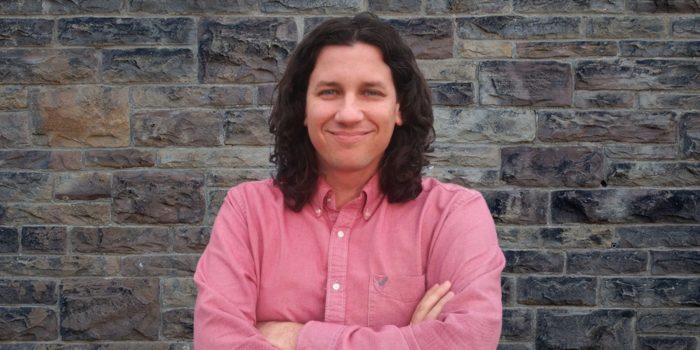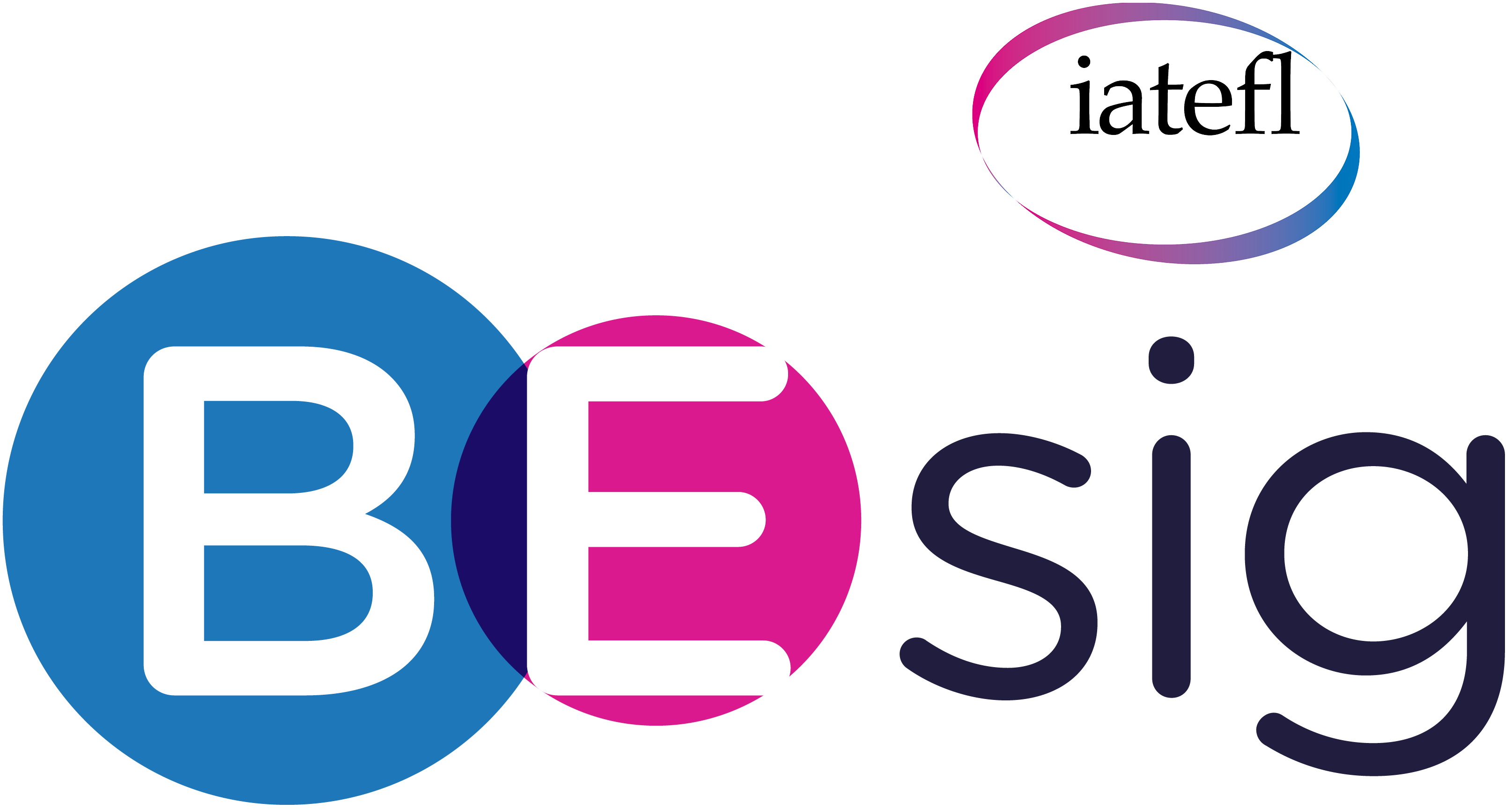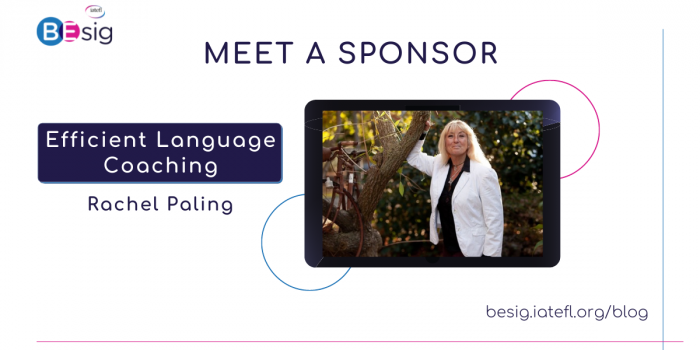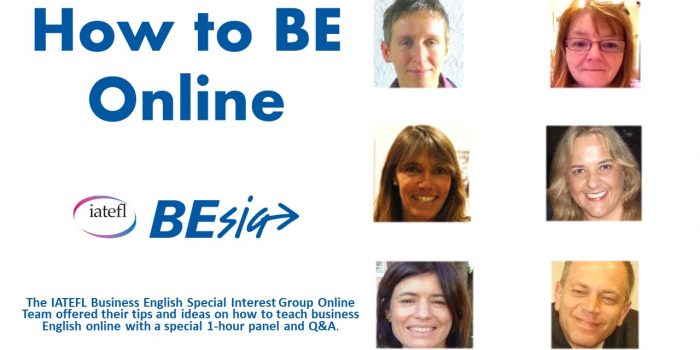
Chris Rush
As we continue our journey round the world of business English teaching professionals, this week we head to the USA to meet Chris, a new IATEFL BESIG member with quite a story to tell. Read on to find out more about why he joined IATEFL BESIG just last year, how his experience teaching online started long before covid, and about a very memorable class Chris taught.
Bio: Chris Rush has been teaching independent ESL online since 2013 and has been featured on the Zoom Blog and the All Ears English podcast. Today, he works with Off2Class to help online ESL teachers reach more students. www.off2class.com
When and why did you join BESIG?
I joined BESIG in late 2020 even though I’ve been teaching Business English for 8 years! I’ve always taught private students one-one-one online, which means that keeping students happy is my number one priority rather than meeting any external standard of instruction. I appreciate this freedom, but with it came a certain amount of suspicion toward what I considered the more academic aspects of EFL.
In the last six months, I have become more aware of the connection between student outcomes and valid pedagogy, though this awareness started by seeing the opposite — how well-meaning teachers are less effective if they fail to examine or challenge their pedagogical assumptions.
You have a lot of experience teaching solely in an online context. Why is this way of teaching so appealing to you?
Online teaching was relatively new back in 2013 when I got my teaching certification. I wanted to teach online to be location-independent, and I very much enjoyed working from home. I eventually sold my house and traveled around the United States in an RV for two years, financing the journey by teaching as I went.
Eight years later, I can hardly imagine having to commute to work! I imagine I’m the opposite of many teachers — completely comfortable in the online environment, but I’d be a nervous wreck in front of an actual classroom full of students.
When teaching online, how do you establish a rapport with students who you have never met F2F?
I think it helps that I teach mainly one-on-one. My first interaction with a potential student is to ask them about their English. A student has to be motivated to seek out a private teacher, so I ask them about the problems that caused them to seek help. I listen carefully and ask relevant follow-up questions to get to the deeper issue instead of the superficial problem. For example, a student who reports difficulty in pronunciation might really be struggling with feeling embarrassed or inadequate in front of colleagues when they make a mistake. When I understand the real problem, the student feels understood and has confidence in the plan to solve it. If I can get to that point with a student, rapport is much easier.
What is your approach to helping students give presentations?
Most of the students I teach are advanced speakers, so I approach presentations in a similar way that a presentation coach would work with a ‘native speaker’ — that is to say, the actual language is not the main focus. I help students the with various elements that help any presentation: knowing the audience, working hardest on the introduction, managing stage-fright, visuals, pacing, intonation, and Q&A. Because it’s one-on-one, I’m able to focus where the student needs the most help, and it varies widely from person to person. No matter what the issues are, we do a lot of practice presentations. I’m always proud of the progress and disappointed I don’t get to see the results live.
Tell us about a memorable class.
So many of my students have fascinating stories and backgrounds. Perhaps none was more powerful than one student’s story of how he fled his home country as a young man to escape an oppressive government, sneaking through the woods at night to reach the border, avoiding soldiers patrolling the area for defectors.
This was early in my teaching career and it made a strong impression of just how far humans will go to improve their circumstances. It gives me great satisfaction that teaching English can, in some small way, help people improve their circumstances too.
How has the focus of your BE work changed or developed over the years?
Early on, I struggled to bridge the gap between “conversation practice” and meaningful progress. I had a hard time without a timetable for how long a student would take lessons, or how often. It was difficult to come up with an effective plan for every set of circumstances that students presented.
Over time, I developed my own standards — a minimum of one lesson per week, and breaking lessons into five-week increments where there could be specific outcomes, evaluation, and reflection. That helped instill students with a sense of progress over time. It also took some time to standardize the material I use instead of coming up with lesson plans from scratch for every class I teach. I’ve also become more specialized — my students have a high level of fluency, requiring specific things in order to advance their careers.
What is your next challenge/project?
After years trying to get students independently, I became fascinated with the student acquisition process. Some teachers are able to attract more students than they can handle, while other teachers, despite their qualifications and experience, are unable to attract any. I noticed a difference in how teachers portrayed themselves to students, which led me to learn more about digital marketing. Casual reading soon turned into experimenting, until I was enjoying the marketing aspects of my job just as much as the teaching.
Since 2017, I’ve worked at an ESL startup as a marketer and “teacherpreneur-in-residence.” I still have a few students, but these days I work more with other teachers, encouraging those who want to teach privately, helping them obtain and manage their students.
Questions by Mandy Welfare
Editing by Christopher Chandler
16th of April 2021
MEET A MEMBER is available to IATEFL BESIG members and non-members alike but only features our current members. Another reason to join us and “BE with BESIG.”



